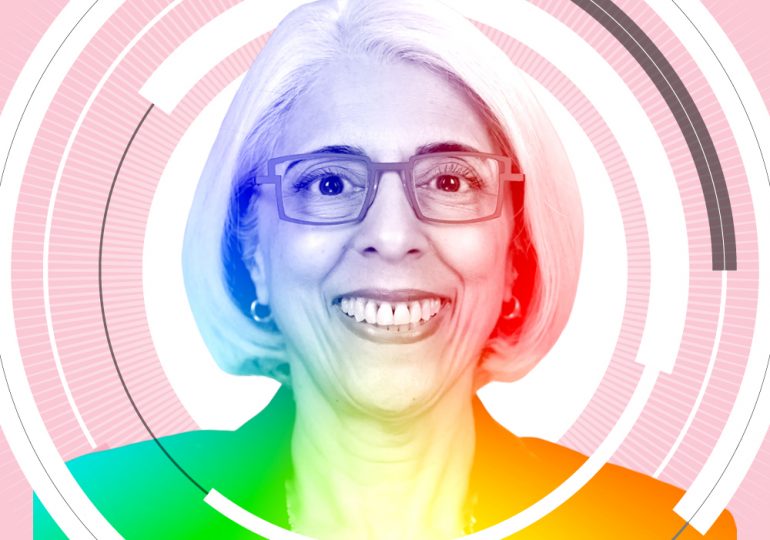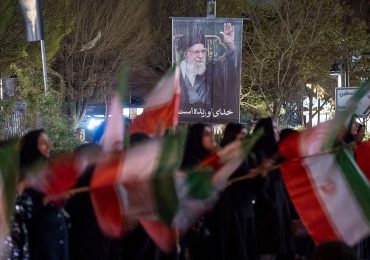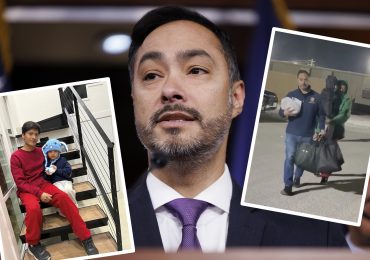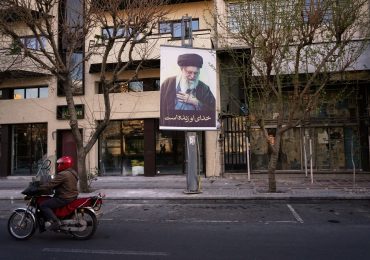Last October, President Biden signed a sweeping Executive Order on AI that sought to tackle threats the new technology could pose to civil rights, privacy, and national security, while promoting innovation and competition and the use of AI for public services. That might not have happened if it weren’t for his top technology advisor, Arati Prabhakar, who had demoed ChatGPT for the president six months prior.
“That was a fun day,” says Prabhakar. They prompted the chatbot about a “relatively obscure” legal case Biden knew about, then asked it to explain the case to a first grader. Then write a legal brief. Then a song. From there the President “immediately went to, ‘How was it gonna get used?’ What were other countries doing? What were the implications and risks, and you know, then we were off to the races,” Prabhakar says.
[time-brightcove not-tgx=”true”]
Her work really started after the order was issued. Prabhakar’s team is responsible for ensuring all parties keep the technology’s risks and benefits in mind. “Consumers aren’t going to use this technology if they don’t trust it,” she says, stressing that safeguarding users will be key to adoption in the United States. Prabhakar formerly served as director of Pentagon’s Defense Advanced Research Projects Agency (DARPA), making her the White House’s first technology officer with a defense background since the Cold War. She views the U.S.’s AI ambition as a “strategic competition” with China. However, she also believes “there will be places where we can agree,” particularly on safety standards.
Prabhakar, who spent 15 years working in Silicon Valley including a stint at VC firm Venture Partners, is optimistic about the technology’s potential upsides. In June, she hosted an event to highlight how the federal government hopes to use AI to tackle big challenges including climate change and improving education.
Leave a comment








